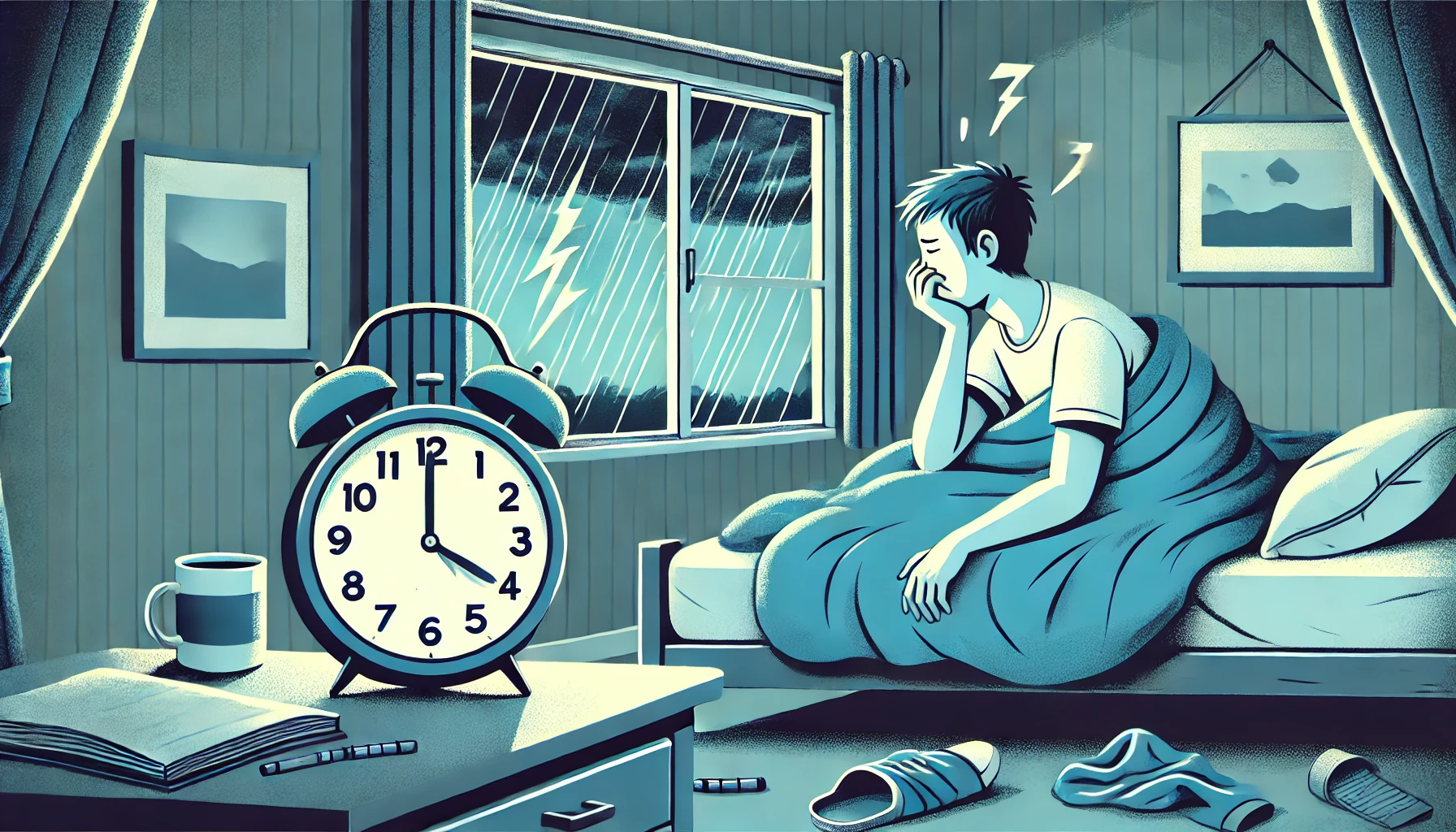“Manic Monday” is a phrase that resonates with many people worldwide, evoking a shared sense of chaotic energy that characterizes the beginning of the workweek. Popularized by the 1986 hit song by The Bangles, “Manic Monday” has become synonymous with the stress and rush of returning to work after a relaxing weekend. Manic Monday meaning captures the universal sentiment of facing a daunting task list, deadlines, and the inevitable shift from leisure to labor. The phrase encapsulates the emotional rollercoaster experienced by individuals across different professions and lifestyles as they transition from the freedom of the weekend to the structured demands of Monday. In this post, we’ll explore the Manic Monday meaning, it’s origins, and how to cope with it so that your Monday can get off to a productive start.

The song’s catchy melody and relatable lyrics propelled it to number two on the Billboard Hot 100 chart, solidifying its place in pop culture. The term “manic” itself, derived from psychological terminology referring to a state of abnormally elevated arousal, adds a layer of intensity to the mundane Monday, amplifying its perceived challenges. This article delves into the origins of the term, its cultural significance, and its broader implications in contemporary society, examining how “Manic Monday” has evolved from a pop song into a symbol of the collective Monday experience and exploring ways to manage the stress associated with it.
Origins of ‘Manic Monday’
The phrase “Manic Monday” was immortalized by the all-female rock band The Bangles, with their single released in 1986. Written by Prince under the pseudonym “Christopher,” the song captures the essence of the frenzied nature of Mondays, as the protagonist laments the pressures of starting the workweek. The catchy melody and relatable lyrics propelled the song to number two on the Billboard Hot 100 chart, solidifying its place in pop culture.
The term “manic” itself has roots in psychological terminology, derived from the word “mania,” which refers to a state of abnormally elevated arousal, affect, and energy level. When combined with “Monday,” Manic Monday meaning encapsulates the overwhelming feeling many experience at the beginning of the week, when responsibilities and tasks come rushing back after the relative calm of the weekend.
Manic Monday Meaning Cultural Significance
“Manic Monday” quickly transcended its musical origins to become a cultural touchstone. The song’s portrayal of the hectic start to the week struck a chord with many listeners, who saw their own experiences reflected in the lyrics. The phrase entered the everyday lexicon, often used to describe any particularly stressful or busy Monday.
The song also highlighted the broader social context of the 1980s, a decade characterized by rapid economic changes, increased consumerism, and the rise of the corporate work culture. For many, “Manic Monday” became a symbol of the work-life balance struggle, a theme that continues to resonate in today’s fast-paced world.
The Psychology Behind ‘Manic Monday’
Mondays have long been associated with a psychological phenomenon known as the “Monday Blues,” a feeling of dread or anxiety about returning to work or school after the weekend. Several factors contribute to this phenomenon, including the abrupt transition from leisure to labor, disrupted sleep patterns, and the looming pressure of a week’s worth of tasks.
Research has shown that the anticipation of Monday can negatively affect one’s mood and stress levels. A study published in the “Journal of Positive Psychology” found that people tend to experience higher stress and lower mood on Sunday evenings, anticipating the start of the workweek. This anticipatory anxiety can make Manic Monday meaning feel even more overwhelming.
The concept of “Manic Monday” taps into these psychological dynamics, offering a relatable narrative that validates these feelings. By acknowledging the stress associated with Mondays, the phrase provides a sense of communal experience, reducing the isolation that often accompanies such stress.
Modern Interpretations and Uses
In contemporary society, the phrase Manic Monday meaning has taken on various interpretations and uses. It is often employed in social media to describe the chaotic start to the week, with hashtags like #ManicMonday trending regularly as people share their struggles and humorous takes on Monday mishaps.
The phrase has also been adopted by businesses and marketers to capture consumer attention. Retailers, for instance, might use “Manic Monday” in promotional campaigns to drive sales at the beginning of the week, capitalizing on the collective sentiment of starting afresh.
Moreover, “Manic Monday” has inspired various adaptations in media and entertainment. Television shows, films, and literature have alluded to the concept, using it as a thematic element to explore characters’ lives and societal pressures. This continued relevance underscores the phrase’s deep-rooted impact on popular culture.
Coping Strategies for ‘Manic Monday’
Given the widespread recognition of “Manic Monday” as a source of stress, many individuals and organizations have sought ways to mitigate the associated anxiety. Here are some strategies that can help make Mondays more manageable:
- Preparation and Planning: Preparing for Monday on Friday can reduce the stress of starting the week. This might include organizing tasks, setting priorities, and even planning outfits or meals in advance.
- Healthy Sleep Habits: Maintaining a consistent sleep schedule over the weekend can help avoid the abrupt shift in routine that exacerbates Monday fatigue. Aim for adequate rest to start the week refreshed.
- Mindfulness and Relaxation Techniques: Practices such as meditation, deep breathing exercises, and yoga can help manage stress levels and promote a calm mindset.
- Physical Activity: Engaging in regular exercise, even a short walk, can boost mood and energy levels, making it easier to tackle Monday’s challenges.
- Positive Mindset: Reframing Mondays as an opportunity for a fresh start rather than a dreaded obligation can shift one’s perspective and reduce stress. Setting small, achievable goals can also provide a sense of accomplishment.
- Social Support: Connecting with colleagues, friends, or family members can provide emotional support and create a sense of camaraderie in facing the week ahead.
Conclusion
Manic Monday meaning is more than just a song title; it is a cultural phenomenon that encapsulates the collective experience of starting the workweek. From its origins in a 1980s pop hit to its enduring presence in modern discourse, the phrase has become a shorthand for the unique blend of stress, anticipation, and resilience that characterizes Mondays.


Understanding the meaning and impact of “Manic Monday” allows us to better address the underlying stressors and develop strategies to cope with the pressures of the workweek. Whether through personal coping mechanisms or broader cultural shifts, finding ways to ease the transition into Monday can improve overall well-being and productivity.
In the end, “Manic Monday” serves as a reminder of our shared human experience, highlighting the importance of empathy, support, and self-care in navigating the complexities of modern life.
